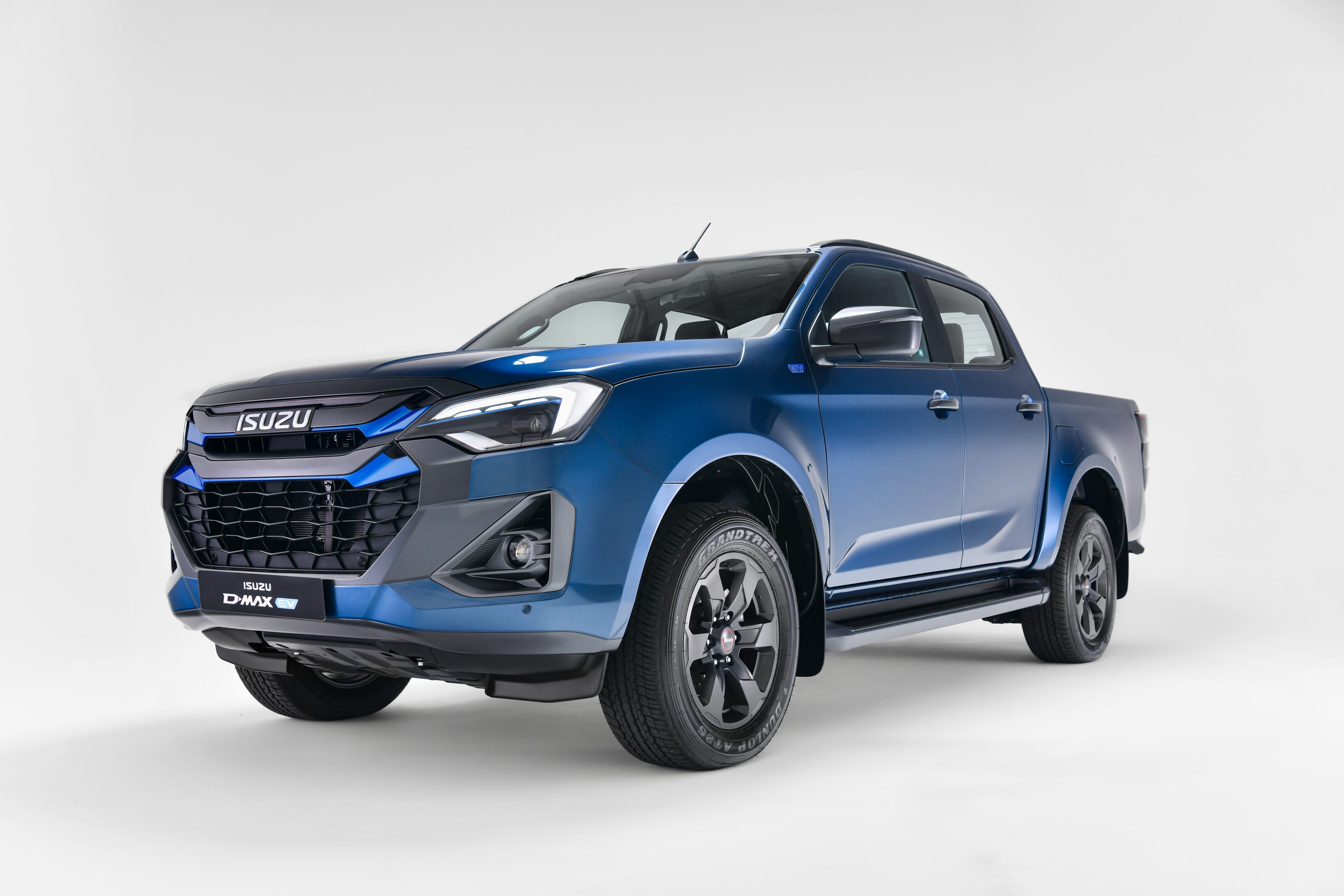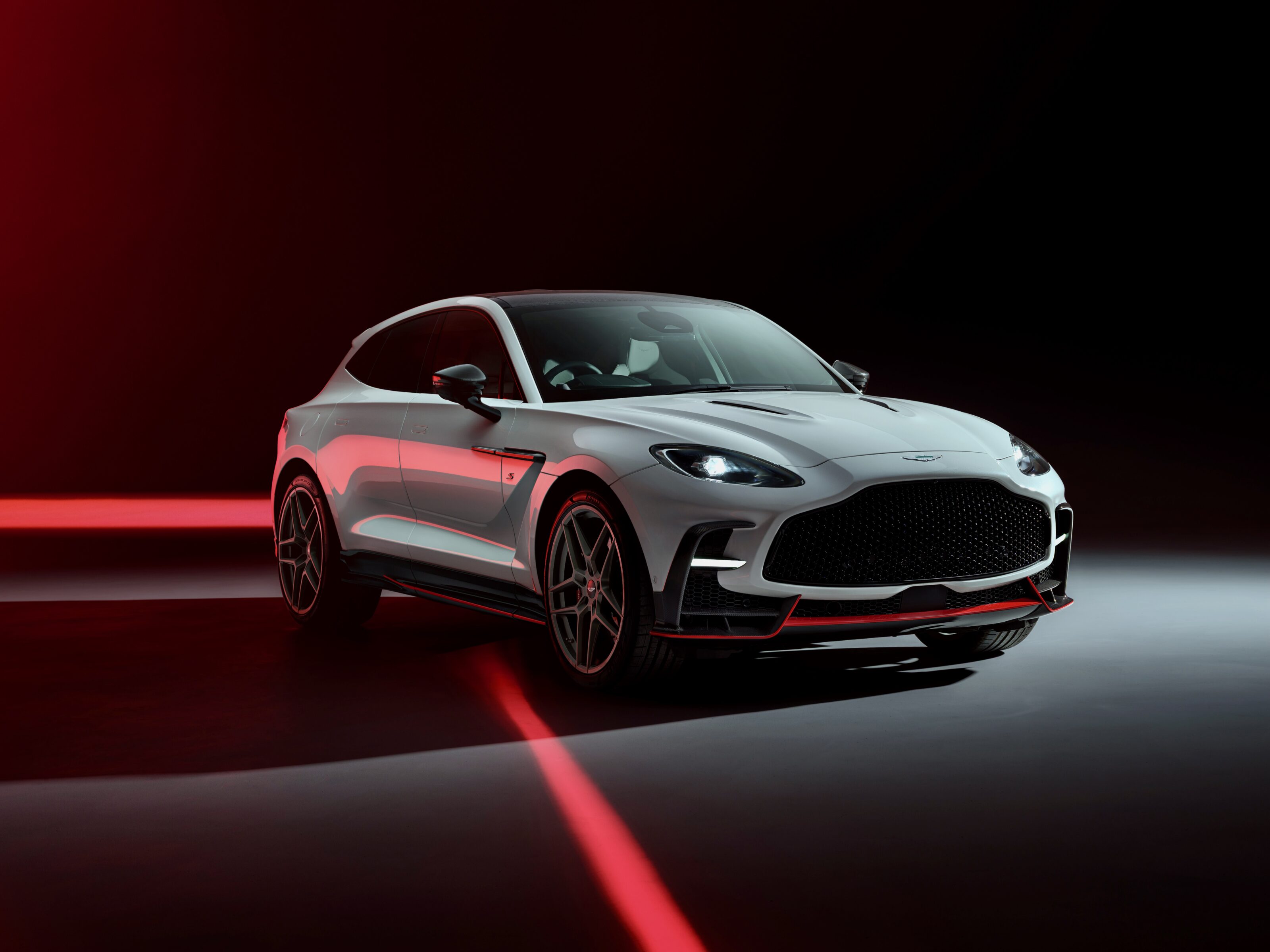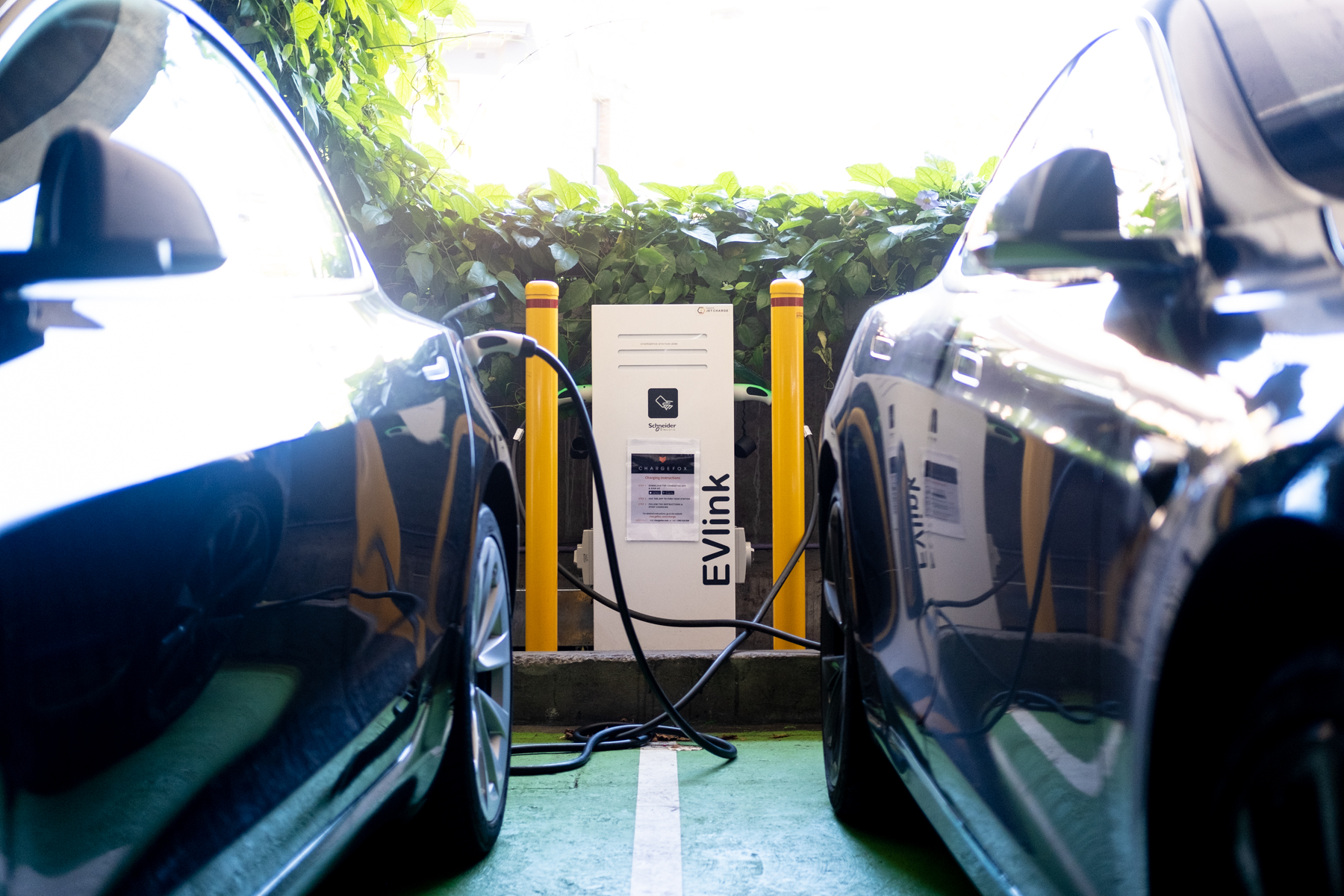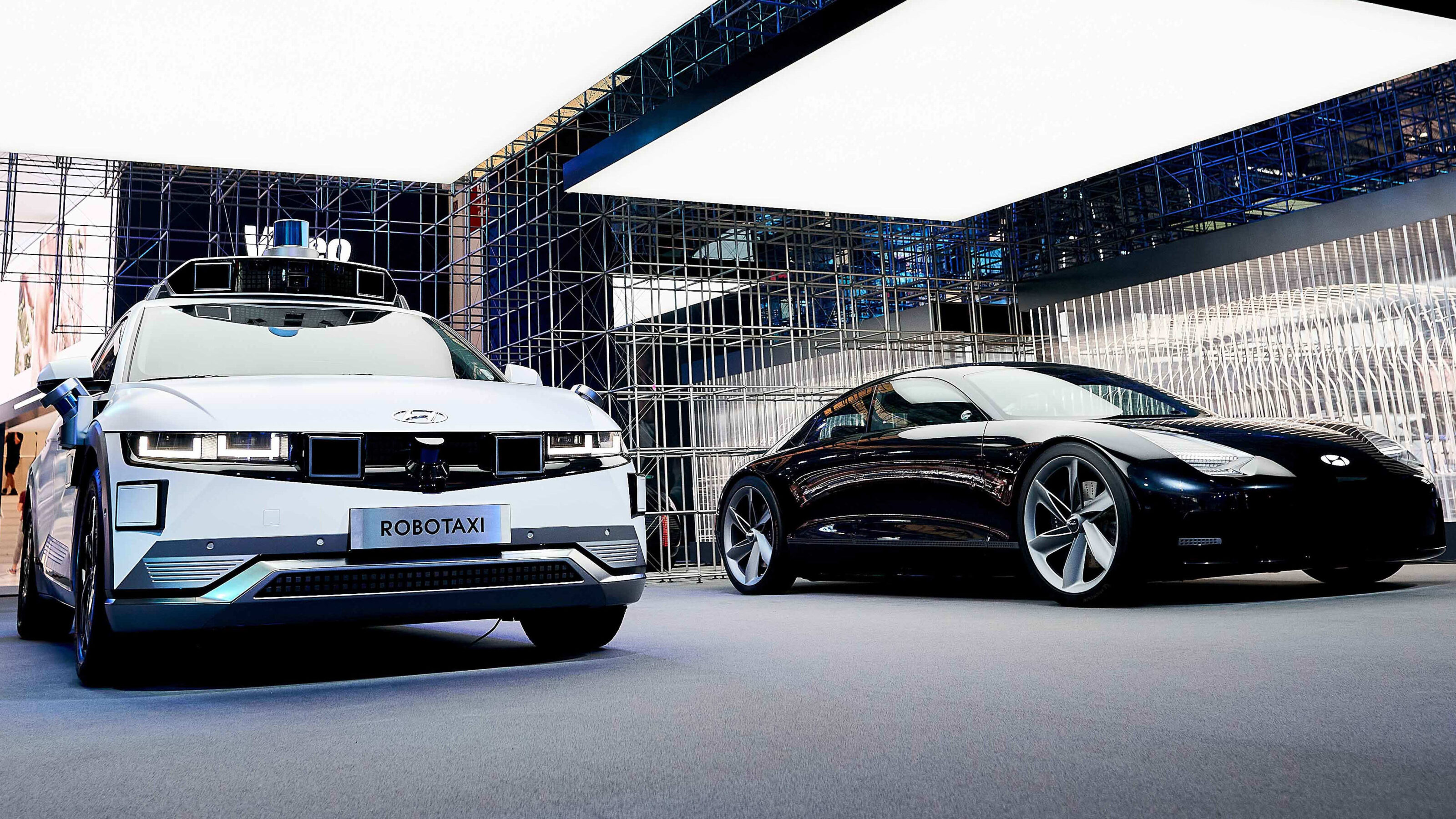
Snapshot
- Hyundai commits to reduce emissions by 75 per cent under 2019 levels by 2040
- All models and products to be carbon neutral by 2045
- Battery electric and fuel-cell vehicles expected to make up 80 per cent of sales by 2040
Hyundai Motor Company has announced its carbon commitment policy for the future – declaring its entire product range will be carbon neutral by 2045.
Having already stated its intentions to end development of non-electric vehicles from 2030, the push towards carbon neutrality is the next step forward to providing a cleaner future. And it seems the Korean manufacturer is hedging its bets on the best way to do so – investing in both battery electric vehicles (BEV) and hydrogen fuel-cell electric vehicles (FCEVs).
From 2035, all Hyundai vehicles sold in Europe will be zero-emissions vehicles, while a move away from fossil-fuels in a majority of markets will come by 2040. However Australia has previously been touted as a country which is unprepared for a shift to EVs due to our lack of infrastructure.
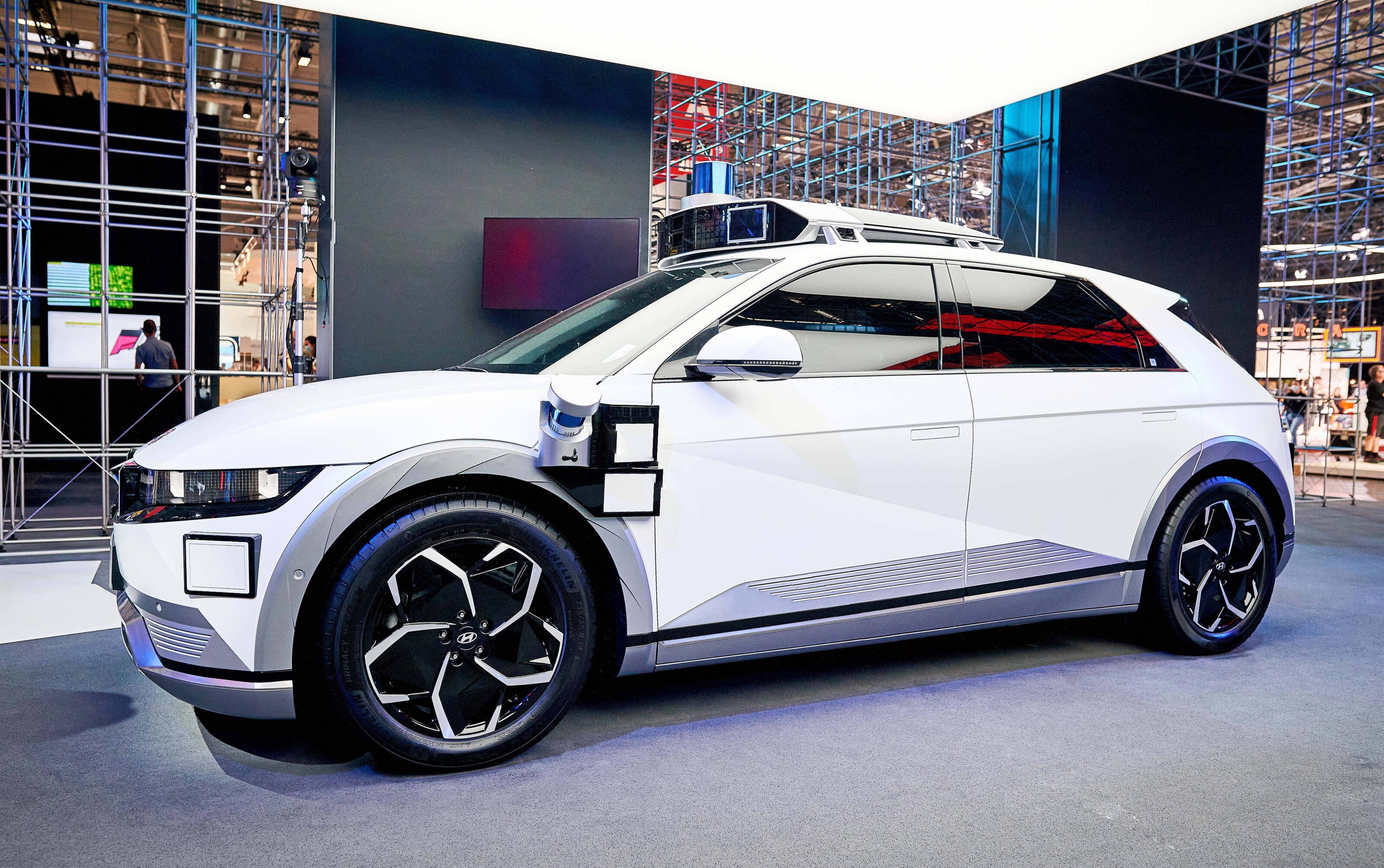
Between 2030 and 2040, Hyundai expects a significant increase in the uptake of its EVs, from a target of 30 per cent of global sales up to 80 per cent, coming from both BEVs and FCEVs.
The second part of Hyundai’s strategy is to introduce more autonomous vehicles worldwide, adapting its current range to feature more self-driving capabilities, such as the Ioniq 5-based Robotaxi revealed last week.
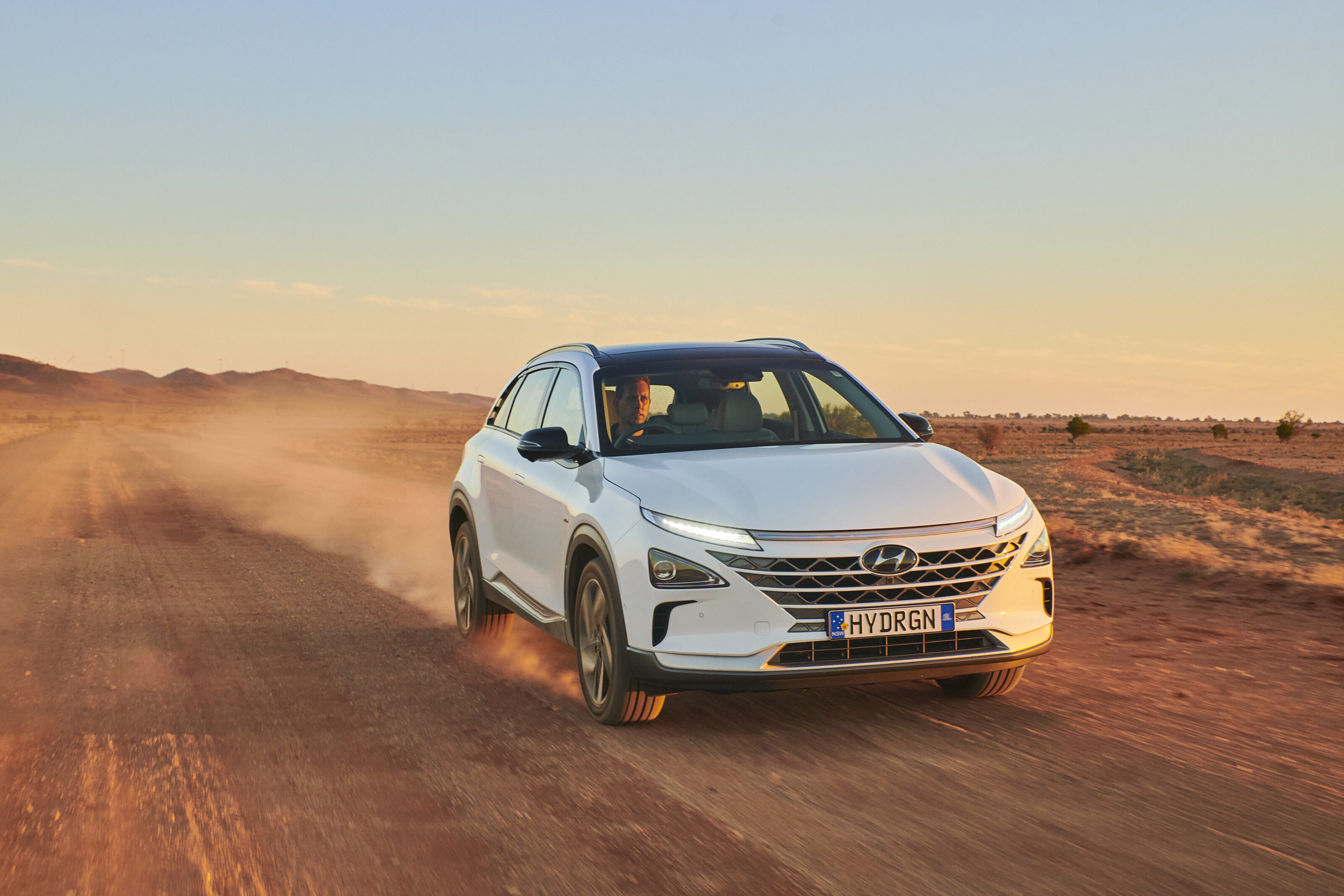
According to Hyundai, it will take more than an investment in existing technologies to achieving its net zero target. Therefore it has chosen to broaden its horizons by also backing projects outside of car production, such as green hydrogen – obtained from electrolysis of water generated by low-carbon power sources – vehicle-to-grid power return, and second life battery energy storage.
A reduction in the carbon footprint from its manufacturing plants is also a major concern, with a target of 90 per cent renewable energy to power its production facilities by 2040 being introduced – kickstarted by its Czech plant, which will only run on renewables from next year.
Hyundai currently offers two battery electric vehicles in Australia – the Ioniq and Kona EV – and the Ioniq 5 is expected to join its local line-up in the coming months. Its expanded zero emissions range will also soon feature the Nexo hydrogen fuel-cell vehicle, which has already joined the Queensland and Australian Capital Territory government fleets.
We recommend
-
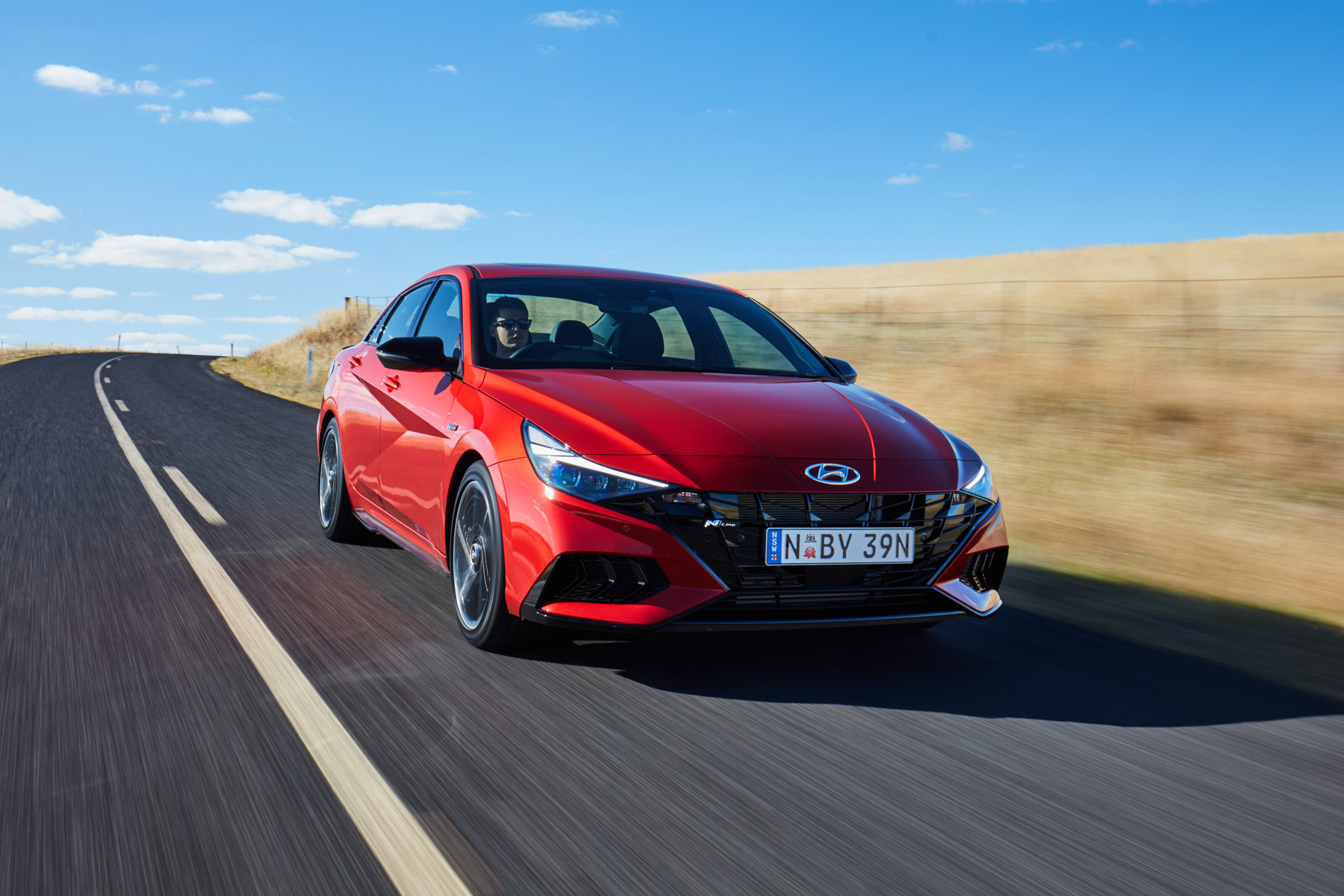 News
NewsHyundai looking to move away from ICE vehicles, Australian arm wants to see larger EV uptake
South Korea's largest automotive manufacturer wants to phase out combustion engines but its Australian arm believes support for EVs isn't there yet locally
-
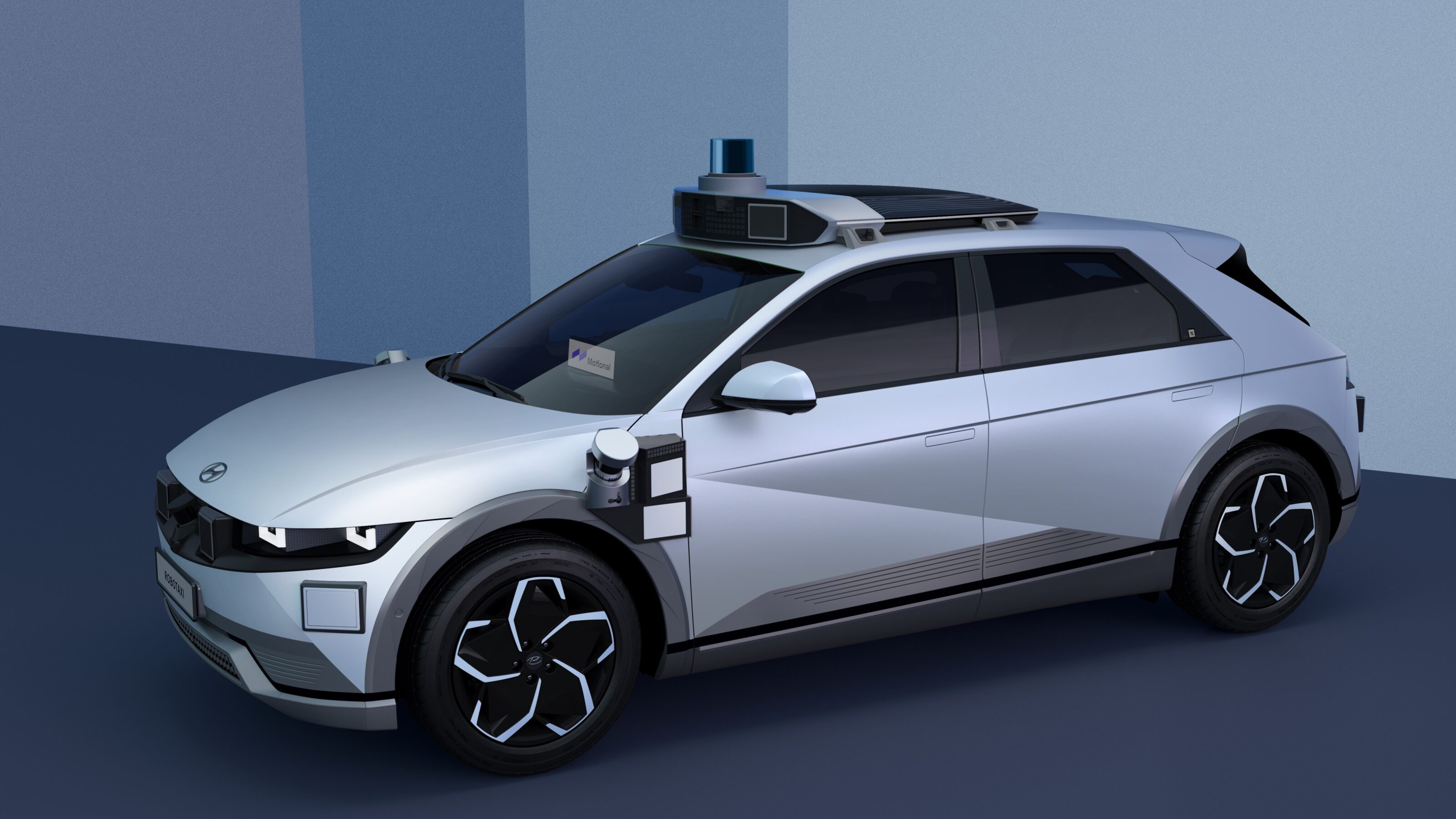 News
NewsHyundai Ioniq 5-based robotaxi unveiled
The autonomous vehicle has been developed by Motional, a joint venture between Hyundai Motor Group and tech company Aptiv
-
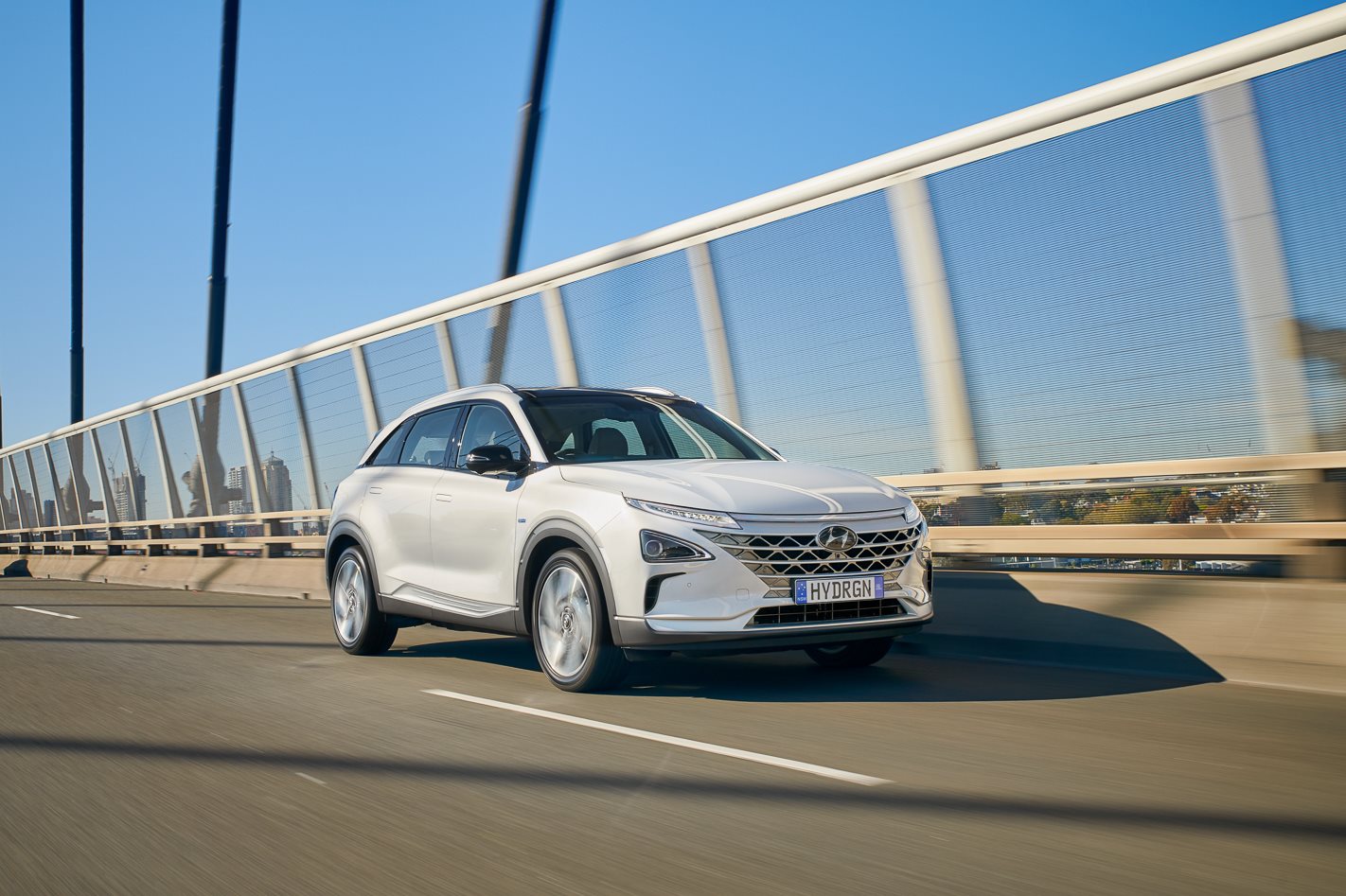 News
NewsHyundai Nexo: First hydrogen car fleet registered in Australia
A fleet of 20 Hyundai Nexos has been registered and loaned to the ACT government to champion a sustainable future
-
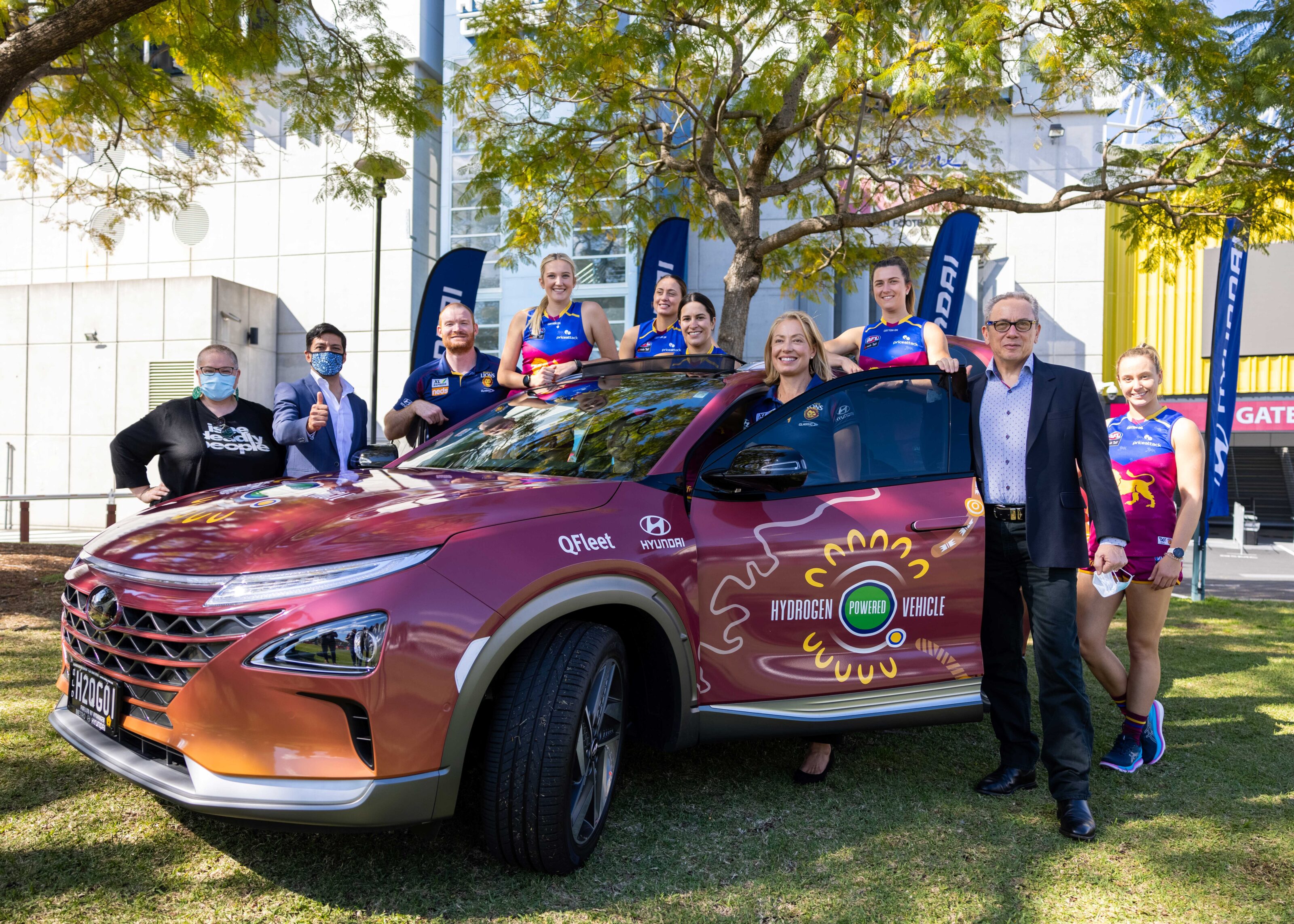 News
NewsFive hydrogen Hyundai Nexos join Queensland Government fleet
Sunshine State's Government begins adopting hydrogen power
-
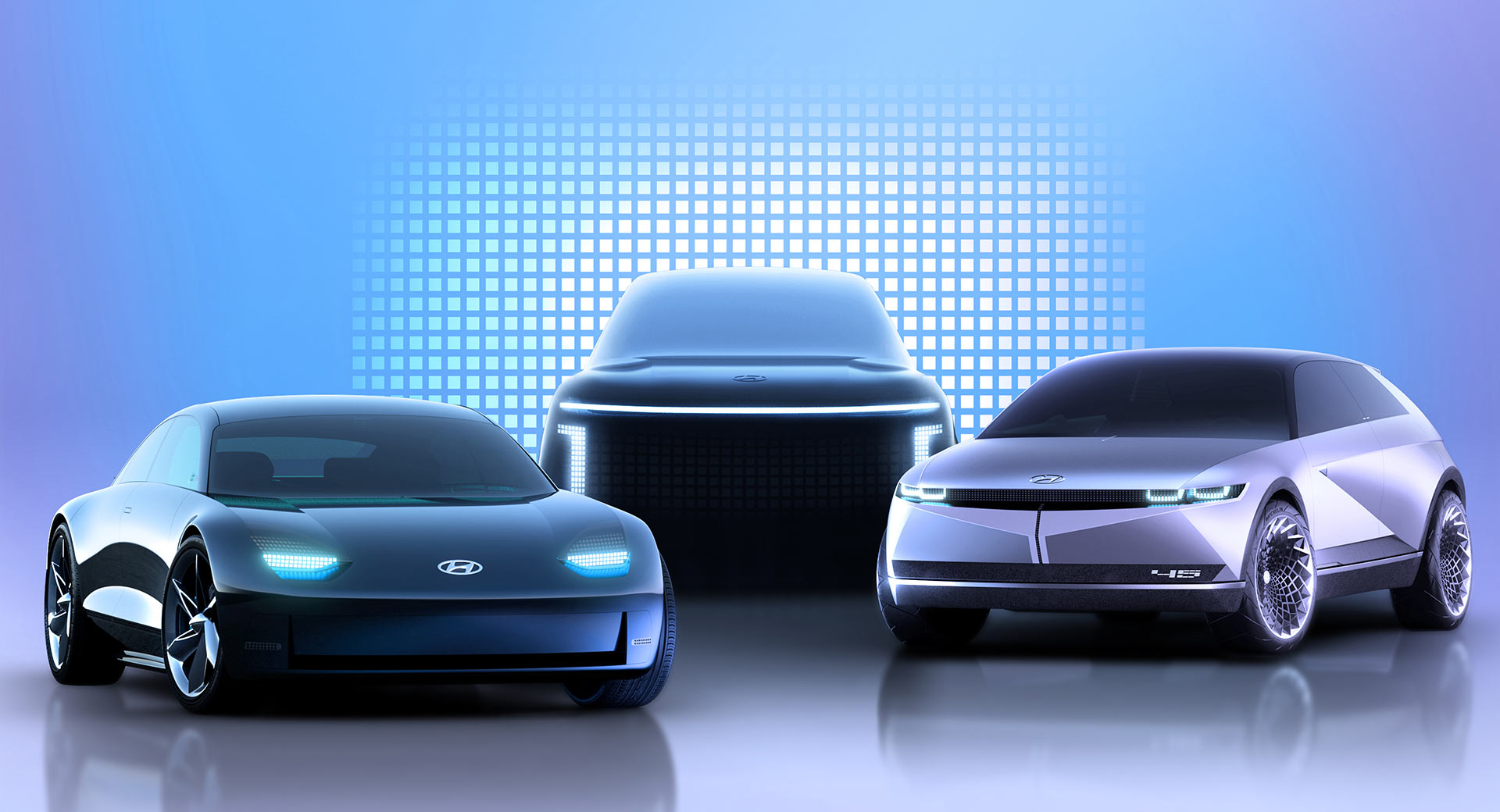 News
NewsHyundai’s EV entourage for Australia
Like the look of the Ioniq 5? It’s just the tip of Hyundai’s electric spear


